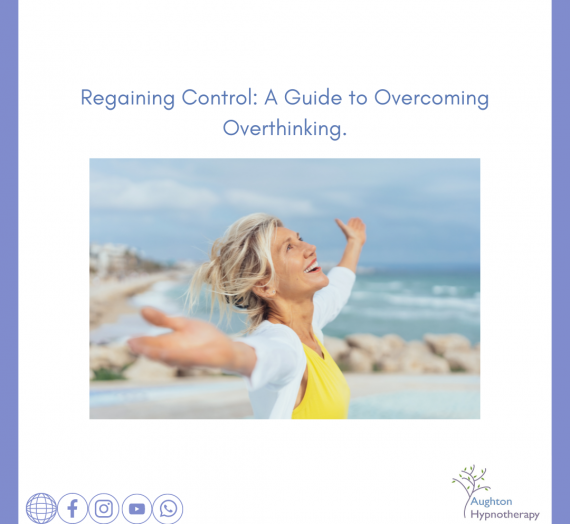Understanding Perimenopausal Rage
Navigating the changes that come with perimenopause and menopause can be challenging, particularly when it comes to managing intense emotions. It’s important to remember that these feelings are a natural part of this phase of life, and many women experience them. Understanding why these feelings occur can help you accept them as a normal part of this phase of life and find ways to cope effectively.
The Brain in Perimenopause
A small but important gland in the brain, the Amygdala, plays an essential role in how we experience and process emotions like anger, fear, and sadness. It controls our aggression and stores memories of past events and emotions, preparing us to respond if similar situations arise. During perimenopause and menopause, fluctuating and falling oestrogen levels reduce the control over the Amygdala. This can be likened to opening Pandora’s Box, where suppressed emotions surge out, causing you to respond more intensely to situations with anger, sadness, and aggression – and it’s not your fault.
Serotonin and Mood Regulation
Oestrogen also impacts serotonin levels, a brain chemical essential for regulating mood. As oestrogen begins to fluctuate during perimenopause, serotonin levels often drop, leading to less stable moods and increased irritability. This combination of reduced control over the Amygdala and lower serotonin levels makes it much harder to manage emotions, leading to rapid mood swings and sudden outbursts of anger.
Types of Rage Scenarios
Drastic Mood Swings: You may experience rapid and drastic mood shifts. One moment, you might feel low, and the next, anger surges unexpectedly.
Sudden Rage Outbursts: You could be calm one minute and then suddenly have an outburst of uncontrollable anger directed at something or someone.
Past Emotions Resurfacing: Emotions tied to past experiences can resurface, intensifying your current irritation or anger. For instance, if someone said something hurtful years ago and a similar comment is made now, your brain might trigger the same intense emotional response, even if the context is different. You may also experience anxiety that you have not experienced before.
Increased Irritability and Less Patience: During this phase, it’s common to be more easily irritated and have less patience. Tolerance levels drop, and you may not want to be around people you previously enjoyed being with. Remember, these are normal reactions to the changes your body is going through.
The Stress Impact
Stress is a common symptom during perimenopause and menopause and can exacerbate feelings of anger and reduce emotional control. Similarly, lack of sleep, another frequent symptom, can heighten troubling emotions. Low blood sugar levels and dehydration can also trigger emotional upheaval. If you notice these emotions recurring at the same time each day, it might be due to dehydration or low blood sugar.
Recognizing the triggers and understanding the biological changes behind perimenopausal rage can help you develop strategies to manage these intense emotions. Maintaining a healthy lifestyle, staying hydrated, managing stress, and ensuring good sleep can improve emotional control during this transitional phase.
I regularly see women in my clinic who are experiencing rage as one of their constellations of perimenopause and menopausal symptoms; I sympathise as I know all too well what rage feels like (as does my poor husband!) and the guilt and shame that accompanies it. Hypnotherapy works so well at helping women cope with the rage, as well as the many other symptoms that come with this challenging phase of a woman’s life.
If you’d like more information about how I can help, don’t hesitate to contact me.
Jen






